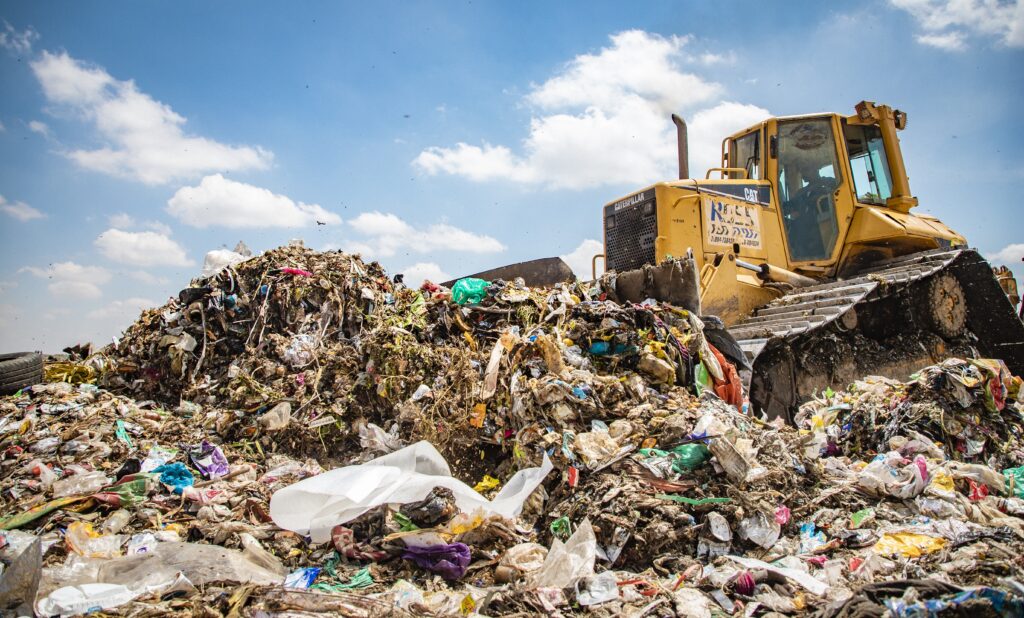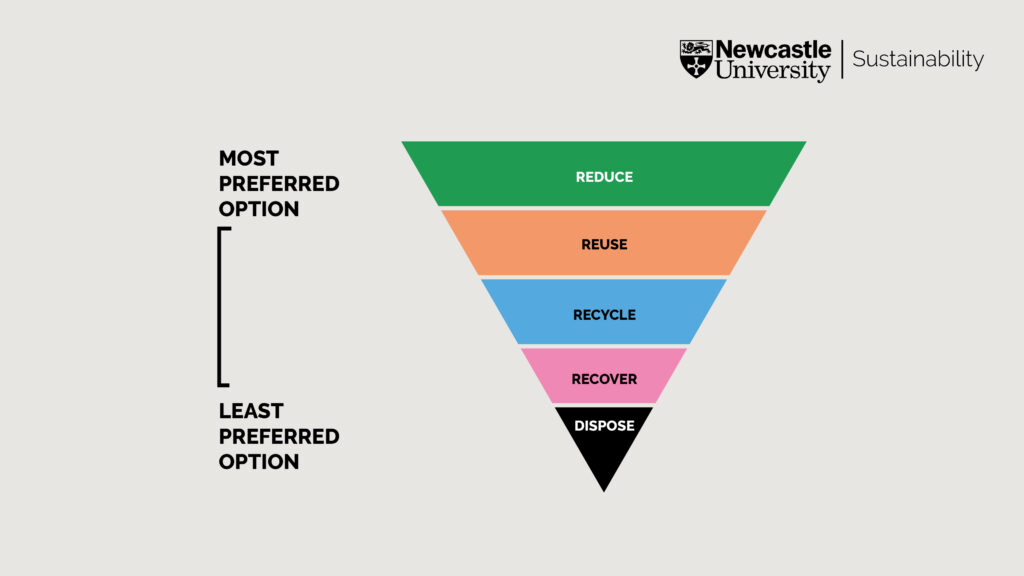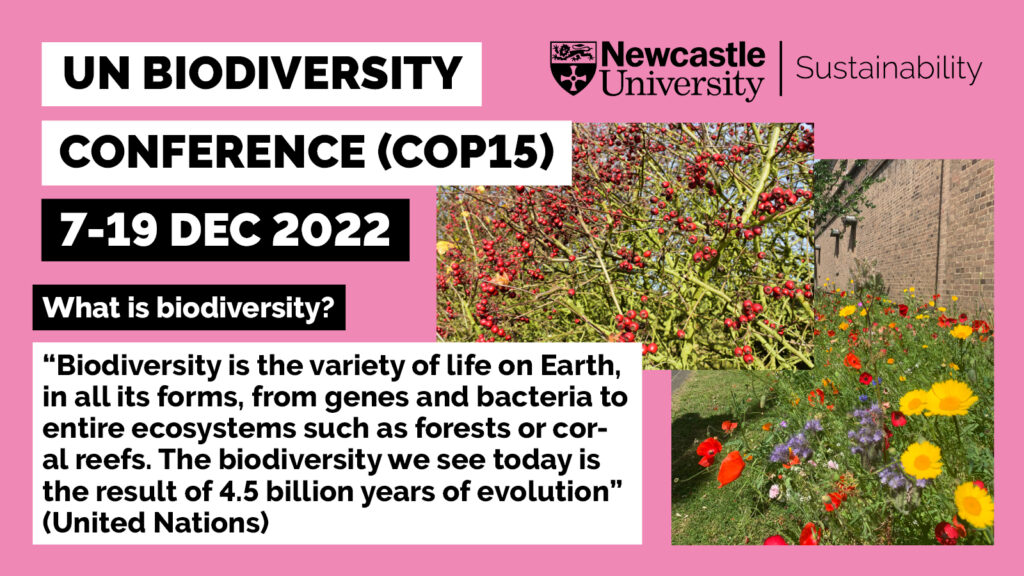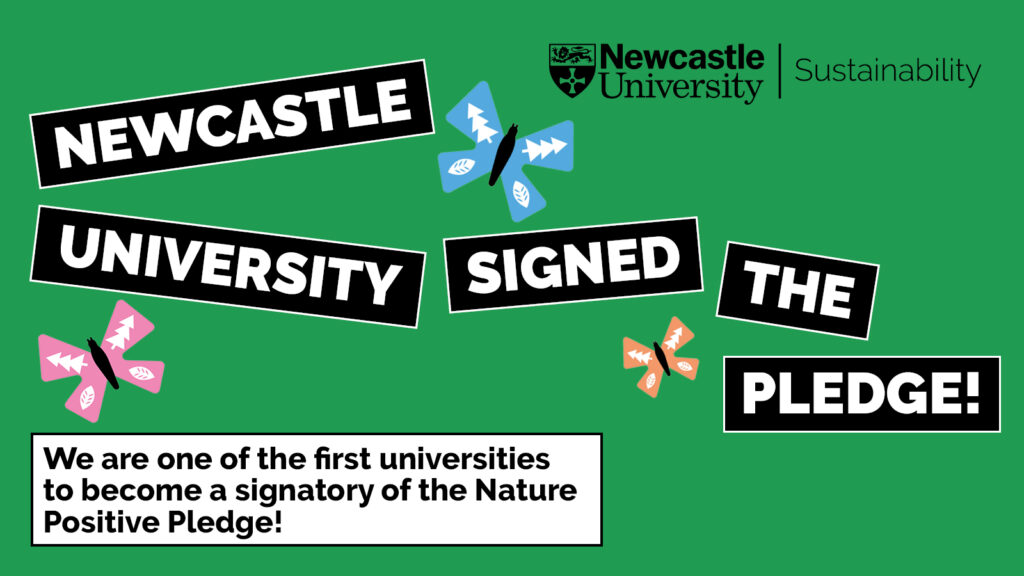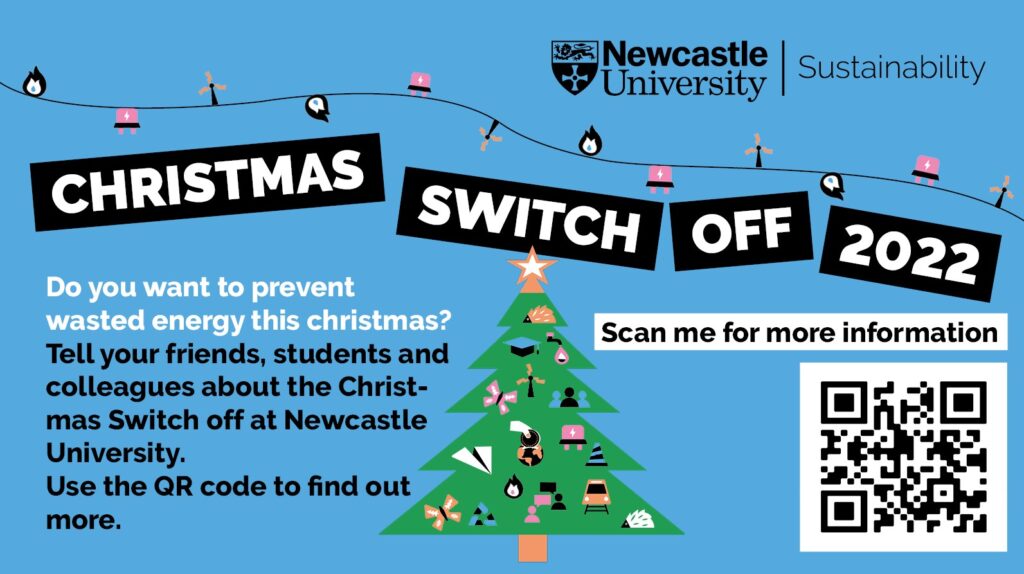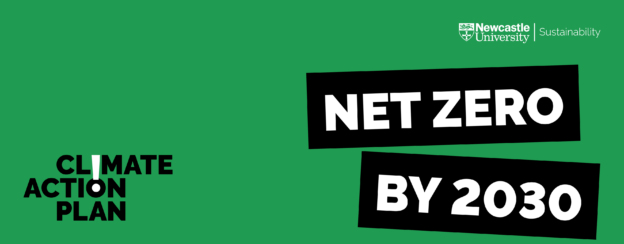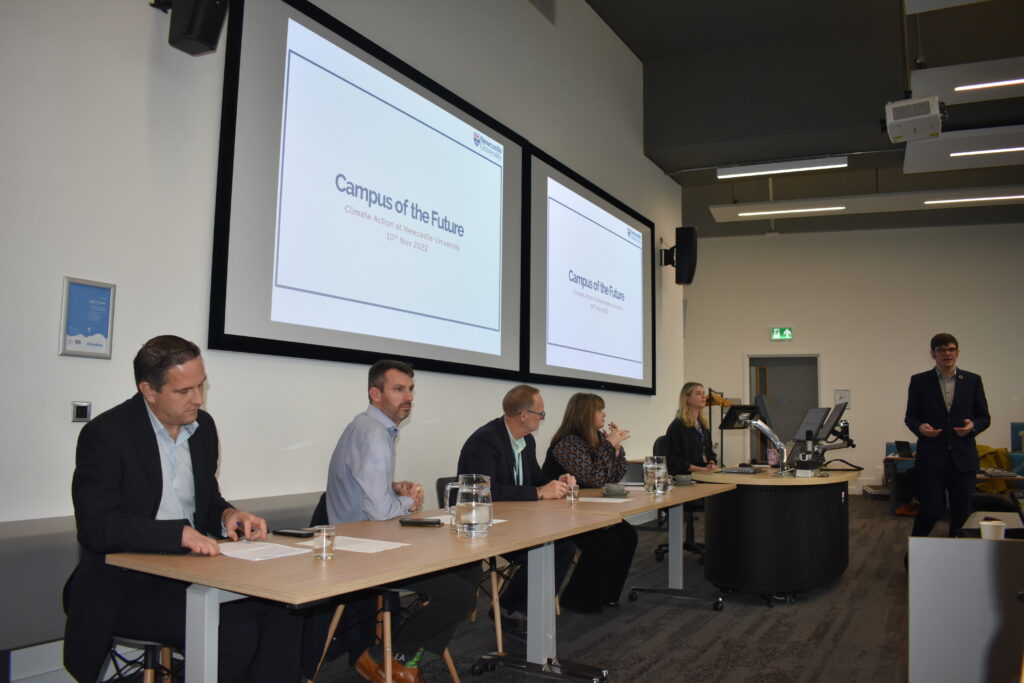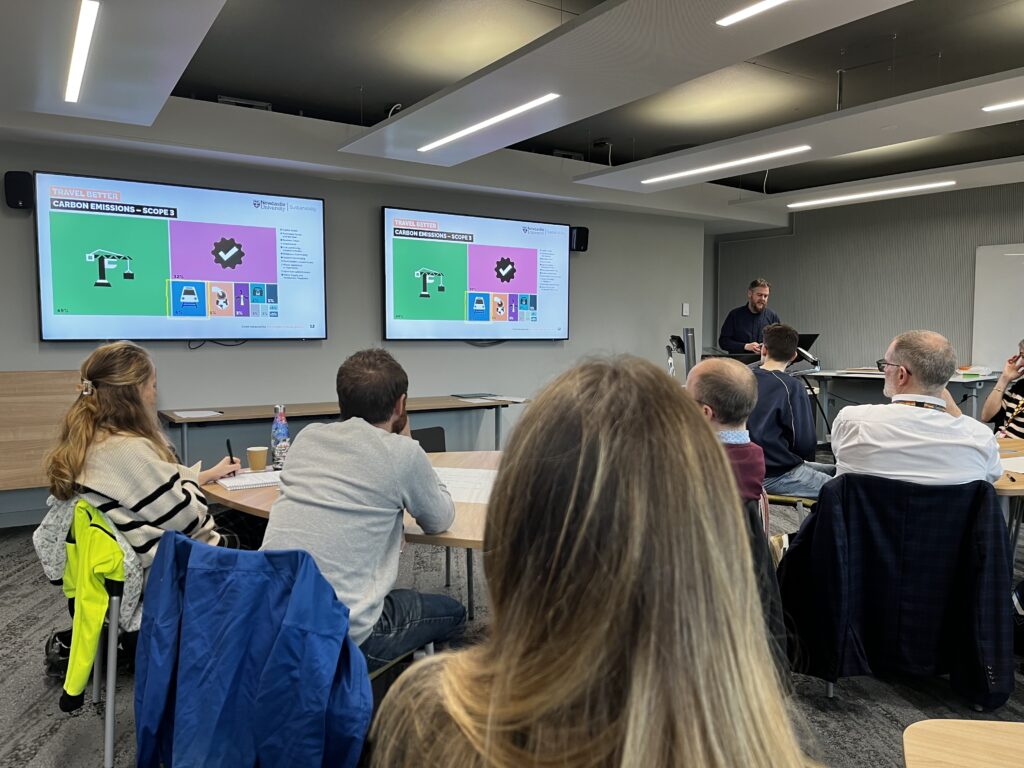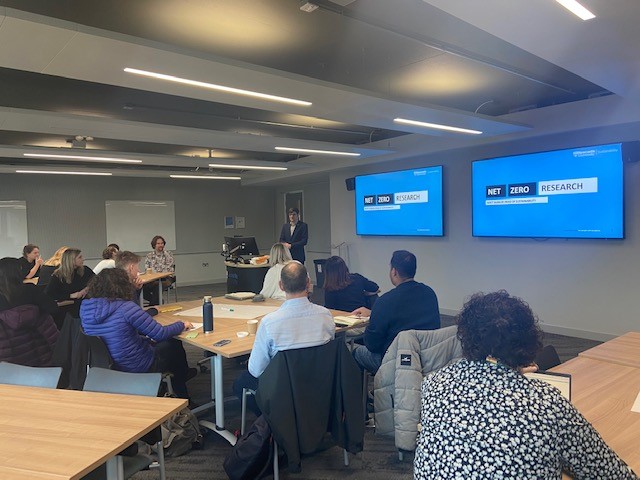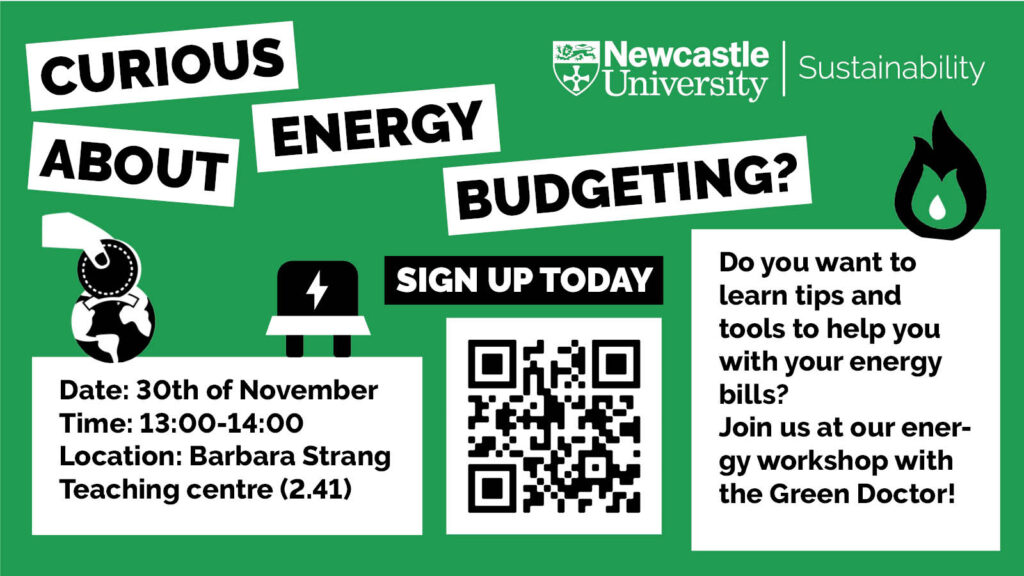The Sustainable Development Goals (SDGs) are a group of 17 interlinked targets created by the United Nations which aim to create a better and more sustainable global future. They address challenges such as poverty, inequality and climate change. The goals recognise that in order to end poverty and other hardships, we must work towards improving health and education, reduce inequality and increase economic growth – all while working to preserve our natural landscape and combat climate change.
Most of the SDGs have an end target of 2030, however some have no end date.
The SDGs are:
- No Poverty – End poverty in all its forms everywhere.
- Zero Hunger – End hunger, achieve food security and improved nutrition and promote sustainable agriculture.
- Good Health and Wellbeing – Ensure healthy lives and promote wellbeing for all.
- Quality Education – Ensure inclusive and equitable quality education for all.
- Gender Equality – Achieve gender equality and empower all girls and women.
- Clean Water and Sanitation – Ensure availability and sustainable management of water for all.
- Affordable and Clean Energy – Ensure access to affordable, reliable, sustainable energy for all.
- Decent work and Economic Growth – Promote sustained, inclusive and sustainable economic growth, full and productive employment and decent work for all.
- Industry, Innovation, and Infrastructure – Build resilient infrastructure, promote inclusive and sustainable industrialization and foster innovation.
- Reduced Inequalities – Reduce inequality within and among countries.
- Sustainable Cities and Communities – Make cities and settlements inclusive, safe, resilient and sustainable.
- Responsible Consumption and Production – Ensure sustainable consumption and production patterns.
- Climate Action – Take urgent action to combat climate change and its impacts.
- Life Below Water – Conserve and sustainably use the oceans, seas and marine resources for sustainable development.
- Life on Land – Protect, restore and promote sustainable use of terrestrial ecosystems, sustainably manage forests, combat desertification, and halt and reverse land degradation and halt biodiversity loss.
- Peace, Justice and Strong Institutions – Promote peaceful and inclusive societies for sustainable development, provide access to justice for all and build effective, accountable and inclusive institutions at all levels.
- Partnerships for the Goals – Strengthen the means of implementation and revitalize the Global Partnership for Sustainable Development
Newcastle University
Newcastle University is part of the University Global Coalition: a group of universities committed to supporting the UN with the Sustainable Development Goals. Each year, the group celebrates SDG Action and Awareness Week, raising awareness of the SDGs to colleagues and students and inspiring them to get involved.
UNSDG Action and Awareness week (6-10th March 2023) was a great opportunity to present the work we do to try to embed our core value of Social and Environmental Justice into everything we do. The University is committed to tackling critical environmental issues while helping create a more just and fairer society. Visit Newcastle’s dedicated SDG page to see the work we are doing towards each of these goals.
Newcastle University was recognised with a Times Higher Education Impact Ranking, which placed us first in the UK and eighth in the world in 2022.
How can I be involved?
- Try to incorporate the SDGs into your research. You will often find that your work has links to multiple goals with little effort!
- Contact your school/faculty to see if any ongoing research is happening towards the SDGs.
- Join the Sustainability Network if you are staff or a student. This is a great way to find out about more events relating to the SDGs.
- Continue reading our blog posts and implementing the advice within them! Our posts have plenty of useful information about the SDGs and ways you can help make positive change.
Are you incorporating the SDGs into your research? Let us know in the comments below!

